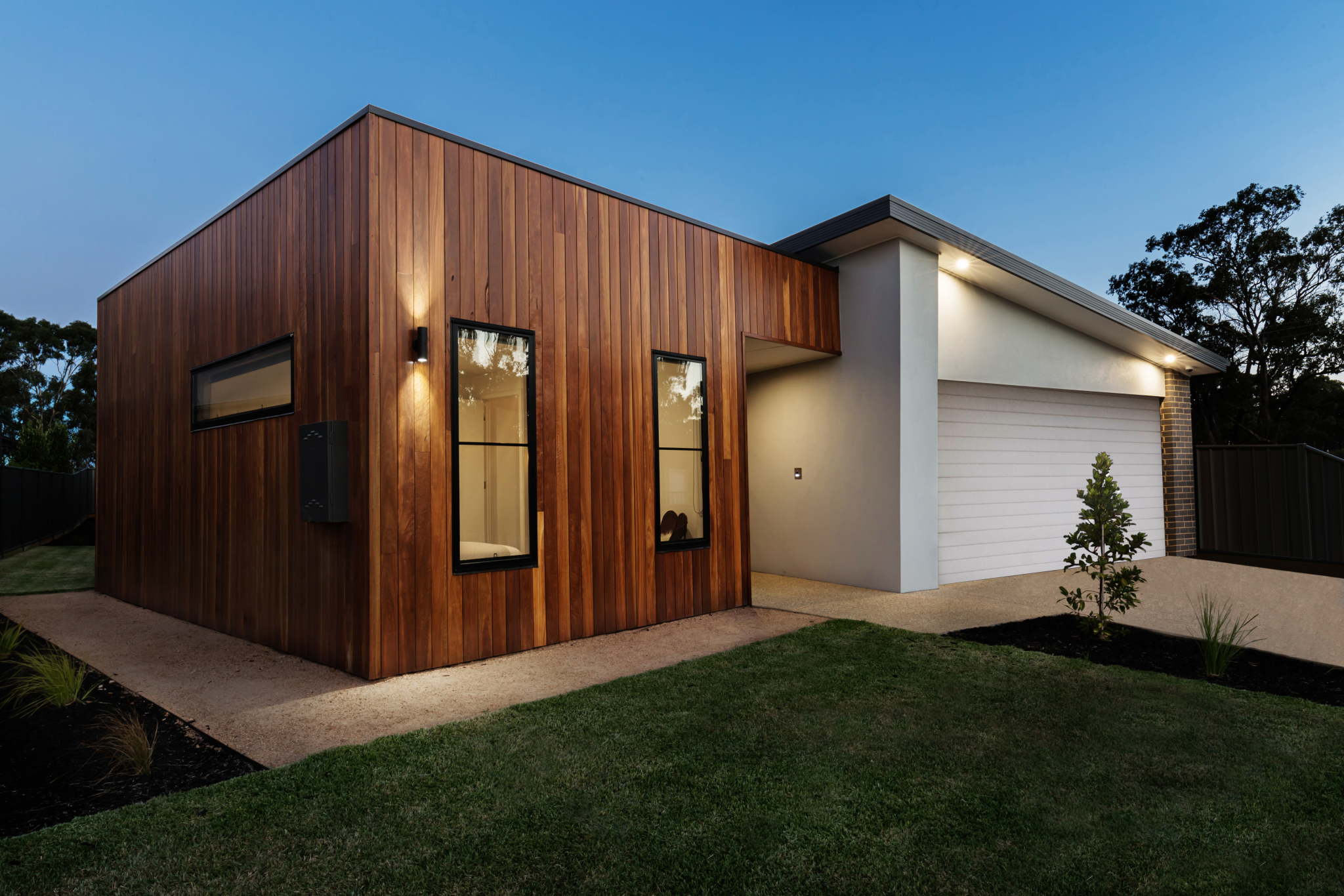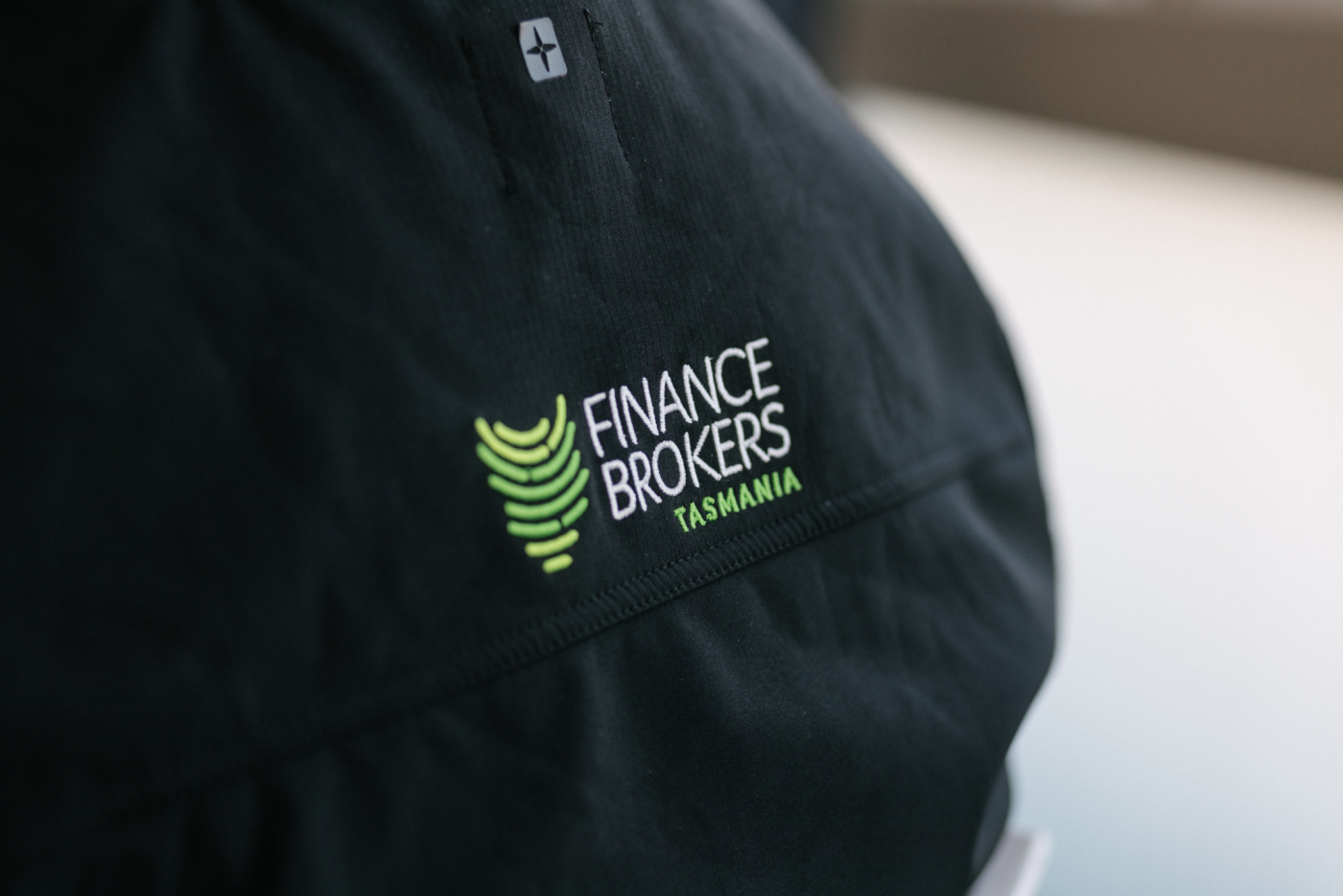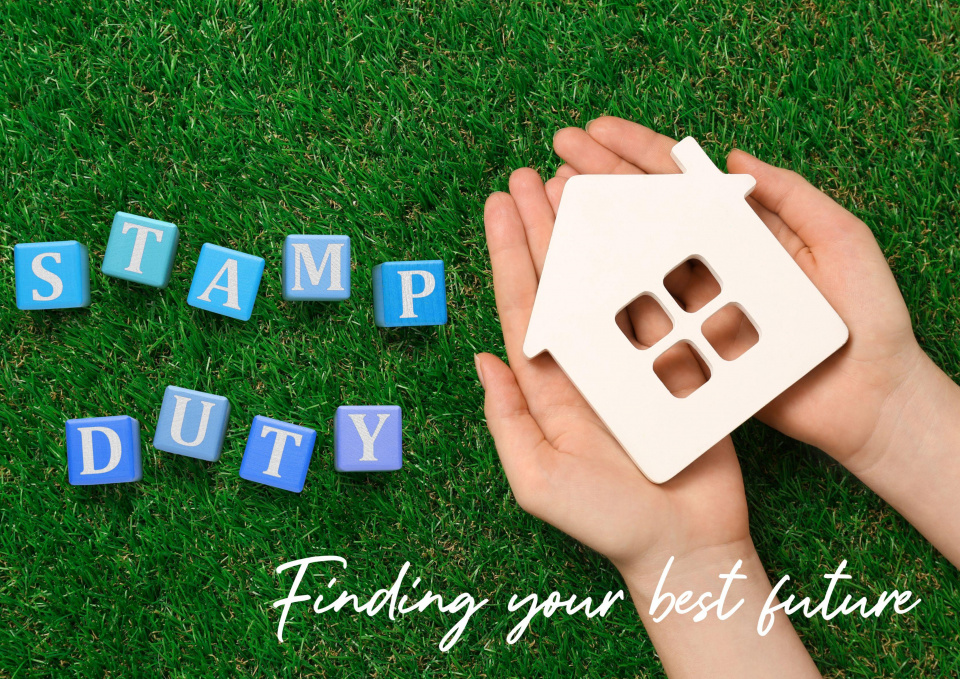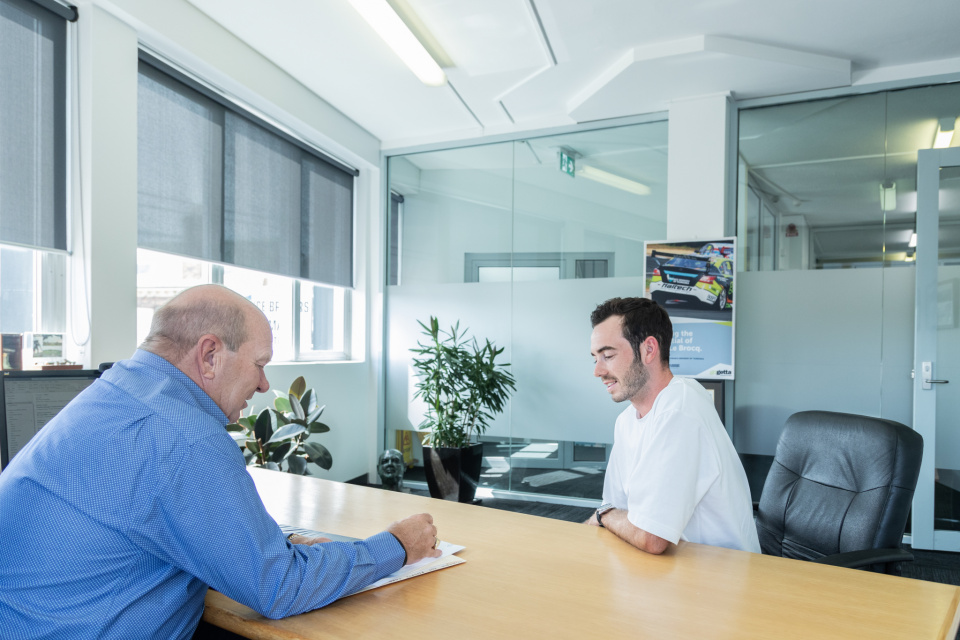We’ve already talked you through the costs associated with buying a home, but what about selling?
Selling your home for the first time can be daunting – so many questions, contracts, payments and things to consider. As in any situation, it’s important to lean on those that know – whether it be a loved one, a friend, or a trusted professional.
We’ve put together this blog as a guide to get you started. We’ve collated all the typical expenses for you to revert back to when needed, and added a few other considerations and expenses that may unexpectedly pop up.
Real estate commission or agent fees
Commission rates aren’t regulated and are set by individual agents. This means they can vary from suburb to suburb, and agent to agent. While the difference between 2.5% and 3.0% may seem small, we encourage you to take the time to work it out as the difference could be thousands of dollars or more.
The average percentage for real estate commission in Tasmania is 2.96%. Of course, this can vary – depending on your agent and agreement – but it is certainly one of the biggest costs to keep in mind when selling.
Conveyancing fees
Conveyancing is the process of transferring legal ownership of a property from one person to another and is required in every real estate purchase. It can be done by licensed conveyancers or solicitors, and Tasmanians should budget between $700 – $1,300 for this. Depending on the date of purchase, you may need to also add the remainder of the years rates, which also have to be paid through your solicitor.
Marketing costs
To reach a wider audience and ensure your listing is being seen, you need to market your property. This can include a board out the front of your home, photography, listing on real estate websites, press advertising and so on.
Depending on your level of marketing, this can be as little as $1,000 or as much as $10,000. Chat to your agent and budget accordingly.
Lender fees
If you have a fixed mortgage on your home, you’ll need to pay a break fee or early exit fee to your bank. Depending on your contract and provider, this generally costs between $150 – $1,500 in Tasmania.
Other expenses to consider
- Property styling
- Moving costs
- House cleaning and repairs
- Auction fees
While every circumstance is different, we hope this is a nice starting point to help your decision-making process. We always find that planning ahead, doing your research and obtaining the right advice is best practice.
And, of course, we’re here to assist with any questions asked.






